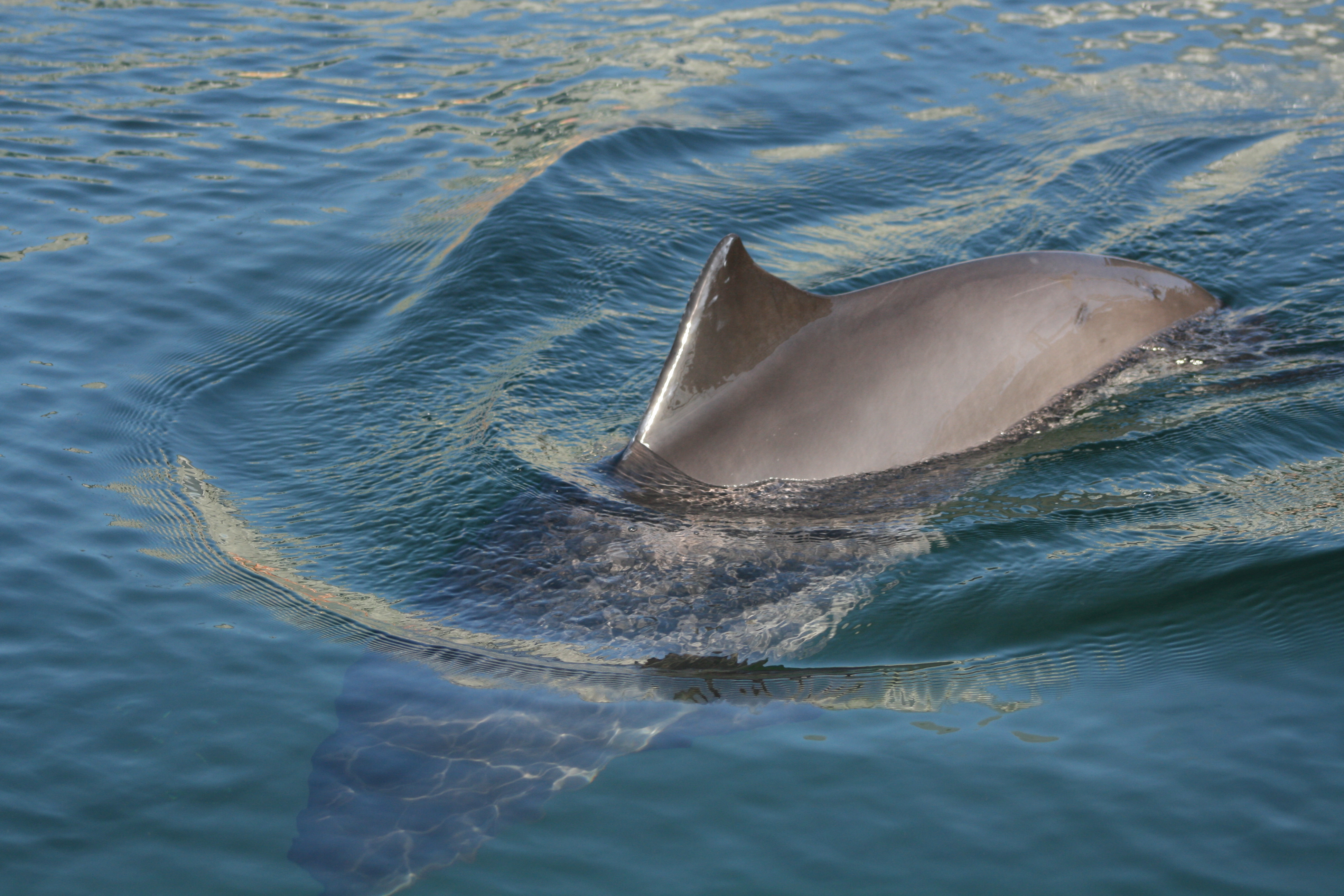Protect the Baltic Harbour Porpoise

Harbour porpoise (Phocoena phocoena) is the only resident whale in the Baltic Sea, and this subpopulation is listed by the IUCN and HELCOM as “critically endangered”. The primary threat to this species is by-catch in gillnet fisheries, but underwater noise, pollution and ecosystem changes also negatively affect the population status. Whilst Marine Protected Areas (MPAs) cannot address all of these threats, they are generally considered important instruments in the protection of these marine mammals.
However, for an MPA to have real effects on the status of the harbour porpoise population, measures such as fisheries regulations and limitations for shipping need to be specified in a management plan for this area.
Project goal & objectives:
- The main goal of this project was to establish a well-managed MPA covering the main breeding area of the harbour porpoises in the Baltic Sea in order to improve the status of the Baltic Sea population. To achieve this, the CCB has been cooperating with the responsible authorities in Sweden, aiming to facilitate the crucial stakeholder dialogue and assist in the drafting of the management plan including fisheries regulations, and facilitate the international consultation process on these documents.
- A deadlock in the Swedish national MPA consultation process has enforced changes in project activities, however the ultimate project achievements match well with the project goal.
Effects:
- The project push-started a process that is very likely to lead to significant improvement in the management of the Baltic harbour porpoise populations, not only in the Swedish MPA area but in the entire Baltic Sea.
- The Swedish Agency for Marine and Water Management (SwAM) is creating porpoise protection measures in several national Natura 2000 areas and other MPAs
- Extended political interest and support for the protection of harbour porpoises and the MPAs in Sweden
- Raised awareness of the Swedish general public
- Raised awareness of the Baltic harbour porpoise problem in the European Commission and the BALTFISH group
- CCB is seen as a legitimate facilitator in this dialogue
- CCB member organisations in Sweden, Denmark and Germany have also become more engaged in the issue.
Outputs:
- Expert opinions for the Swedish MPA management plan and offshore wind farms’ consultation processes
- Infringement procedure against Sweden for non-compliance with Habitats Directive Articles 6.2 and 12.4 in relation to harbour porpoise by-catch, which was a result of CCB’s and 26 other NGOs a formal complaint to the European Commission on 5 December 2019
- Briefings on the situation of the Baltic harbour porpoise submitted to the European Commission, DG Environment in July 2019
- Scientific expertise for the ICES Proposal for emergency measures for the Baltic Proper harbour porpoise submitted to European Commission in May 2020
- Event on cetacean by-catch organised in the European Parliament in December 2019
- Two seminars for the Swedish parliament members
- Active participation in ASCOBANS AC, BALTFISH Forum, HELCOM MAMA and other international fora and conferences
- Methodology compilation for dolphin-safe fishery
- Stakeholder meetings for fishermen in Karlskrona, on Öland and Gotland
- Campaign in Swedish social media, press and TV
- Exhibitions in Stockholm Skansen and Kolmården dolphinarium
Beneficiary
Coalition Clean Baltic (CCB)
Partners
- County Administrative Boards of Kalmar and Gotland
- Kolmården Wildlife Park
Project region
Southern Baltic Sea Region, mainly the Swedish EEZ
Project duration
2017-01-01 – 2019-12-31
Budget
Total project budget: € 216,016
funding BaltCF: € 163,981
